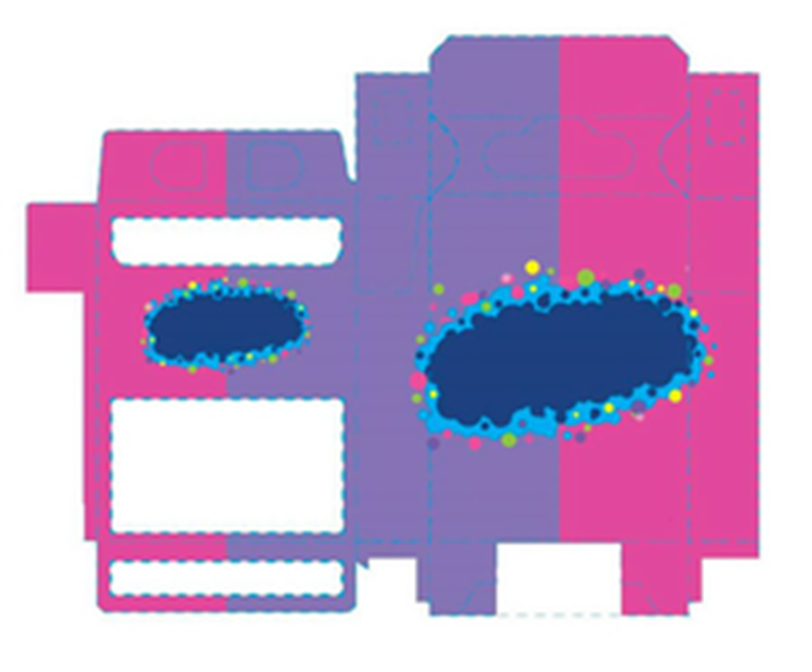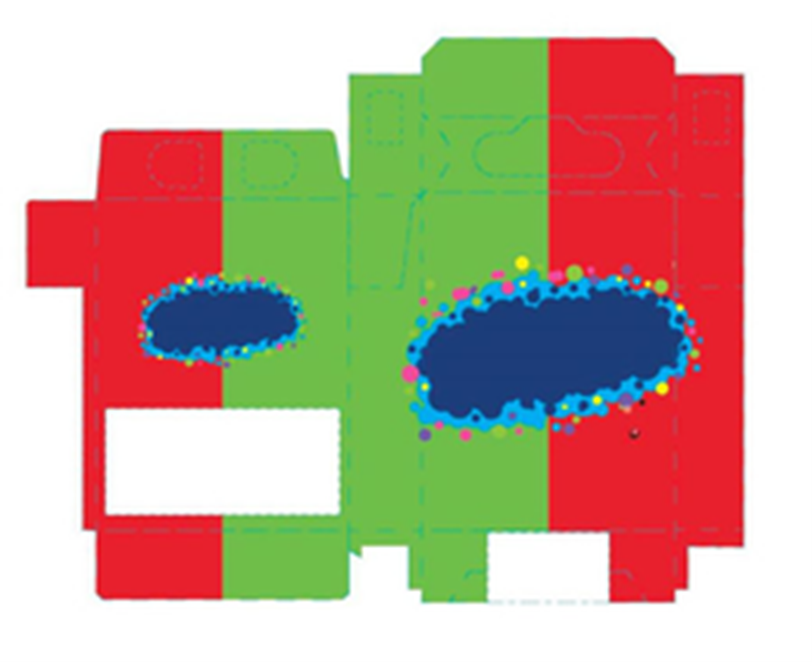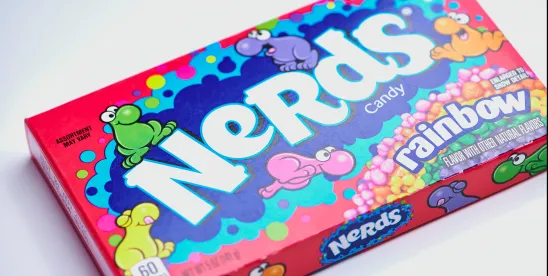Ferrara Candy Company, the powerhouse behind NERDS®, is cracking down on what it calls a “copycat candy” in a newly filed federal lawsuit that’s making waves in the confectionery world.
Filed in the Central District of California, the suit targets American Continental Limited, American Fizz (UK) Limited, LD Distribution Services, and several individuals for allegedly hijacking Ferrara’s legacy DWEEBS brand to sell candy that looks suspiciously like NERDS.
At the heart of Ferrara’s complaint is a battle over brand identity and consumer confusion. Ferrara argues that DWEEBS was intentionally designed to evoke the playful, vibrant spirit long associated with NERDS. By allegedly copying everything from the shape and color of the candies to the style of packaging, the defendants are accused of muddying the waters for candy lovers and diluting Ferrara’s hard-earned reputation. Ferrara seeking injunctions, damages, disgorgement of profits, and a jury trial.
In this case, Ferrara also brings claims for infringement of its federally registered marks that protect its packaging trade dress (see below).
 |
 |
Reg. Nos. 7684503 and 7684504.
While traditional trademark infringement claims—involving names, logos, and slogans—are well known, this case puts packaging trade dress at the forefront. Packaging trade dress refers to the distinctive visual appearance of a product’s packaging—the combination of colors, shapes, designs, graphics, and even textures that together create a unique overall look. Unlike a registered trademark, which protects specific names or logos, trade dress safeguards the “look and feel” that consumers come to associate with a particular brand. To be protected under the law, trade dress must be distinctive and non-functional, meaning it points to the product’s source rather than serving only a practical purpose. Courts often consider whether ordinary shoppers, when encountering the trade dress, are likely to believe the product comes from a particular company—even if the name isn’t visible.
In the realm of confectionery and food, where packaging is often colorful, whimsical, and highly recognizable, even subtle similarities can give rise to heated legal contests. The courts are no strangers to trade dress disputes over confectionary and its packaging. See e.g., Spangler Candy Co. v. Tootsie Roll Indus., LLC, 372 F. Supp. 3d 588 (N.D. Ohio 2019), appeal dismissed, No. 19-3227, 2019 WL 2564576 (6th Cir. May 10, 2019); Kodiak Cakes LLC v. Cont’l Mills, Inc., 358 F. Supp. 3d 1219 (D. Utah 2019).
These legal battles highlight the importance for companies to safeguard not only explicit trademarks but also the broader visual identity of their products. With courts willing to protect unregistered trade dress under the Lanham Act, businesses must be vigilant in monitoring competitors and preserving the unique elements that set their offerings apart. The cost of inattention can be steep—both in lost brand equity and potential litigation.





 />i
/>i

